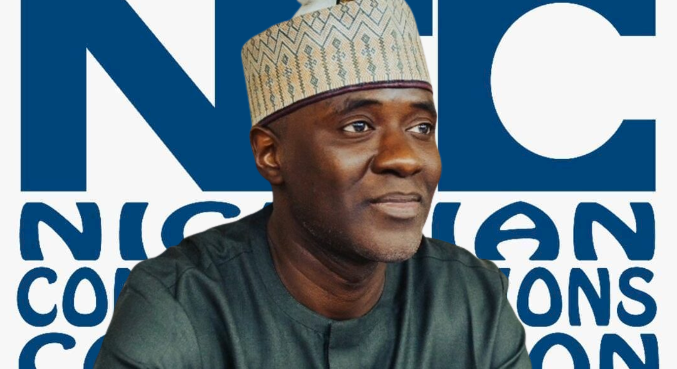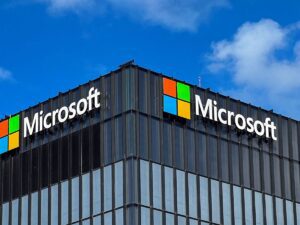


Improved phone technologies responsible for fast data depletion — NCC
The Nigerian Communications Commission (NCC) has attributed the advancement in phone technologies as a major factor responsible for fast data depletion experienced by Nigerian consumers.
Executive Vice Chairman/CEO of the NCC, Dr. Aminu Maida, made this known during the 93rd edition of the Telecom Consumer Parliament hosted by the Commission in Abuja recently.
Speaking Maida said he is aware of the complaints of consumers regarding their data consumption.
Highlighting how much time Nigerians use their data and the quality of phones they use, he noted that they contribute to the fast depletion of data bundles.
According to him, “in 2024, Nigeria’s daily data usage averaged 336 gigabytes per second, marking a 39 percent increase from the previous year-a clear indication of the data-driven lifestyle many Nigerians lead.
“Despite this, many consumers feel their data depletes faster than expected, echoing a sentiment I hear often. Nigeria isn’t alone in this; other countries, like Eswatini, are also working to address similar consumer concerns about data usage.
“Earlier this year, NCC analysed consumer complaints, revealing data depletion and billing issues as top concerns. In response, we directed Mobile Network Operators and ISPs to conduct audits of their billing systems, which reported no major issues.
“However, perceptions persist due to two main factors: the impact of high-resolution devices and improved technologies on data use and the complexity of operator tariffs.
“With the advent of 4G and 5G, as well as devices with ultra-high-definition screens, data consumption has naturally increased. For example, while viewing a photo on Instagram might have required only 100 kilobytes of data five years ago, today, with advanced camera resolutions, a photo can consume between two to four megabytes when opened on Instagram.
“According to Tech Advisor, an online resource that offers tech reviews, spending an hour on Instagram can set you off an average of 600 Megabytes of your data, while streaming platforms like YouTube would set you off by about 3.5 to 5.4 Gigabytes per hour.
“Improved technologies go beyond their purchase cost to our pockets, they also come at a cost to data. Because they have better screen resolutions, they consume higher quality media that consumes more data.
“This is the same for our increasing digital habits: according to DataReportal, the world’s internet users are spending less time watching television; the average daily television viewing has fallen by over 8 percent in the past one year. These viewers are now spending more time on their telephones, tablets, and smart TVs streaming programmes that they would previously have watched on broadcast television.
“Smartphones, even when idle, often run background applications like automatic updates and location services, which consume data. Additionally, high-definition streaming services like Netflix consume substantial data- about three gigabytes per hour in high definition, or seven gigabytes in ultra-high definition,” he noted.
The NCC EVC further revealed that the Commission will be embarking on enlightenment programmes and has also directed all telecom operators to be transparent in their tariff plans.
“The Commission believes that an informed consumer is a better-equipped consumer, leading to a clearer understanding of data consumption and reducing misconceptions about data depletion.
“In addition, to address tariff complexity, NCC issued a Guidance on Tariff Simplification, requiring operators to provide clear, accessible information on data plans and pricing. This transparency will empower consumers to make better-informed decisions about their data usage and billing.
“In the coming months, operators will implement this guidance, presenting consumers with tables detailing their tariff plans, billing rates on each plan, and all terms and conditions related to the tariff plans they are on,” Maida said.



